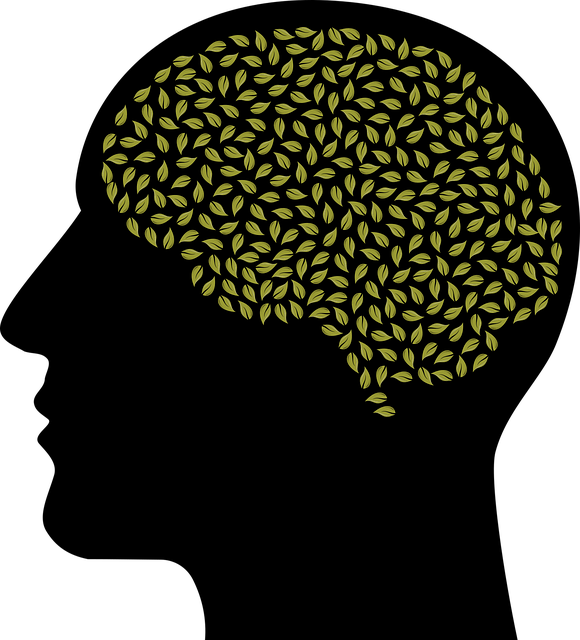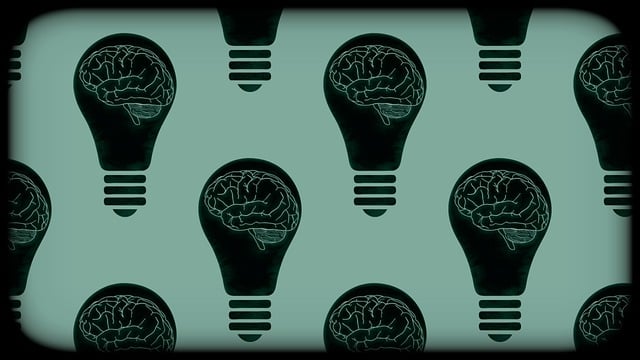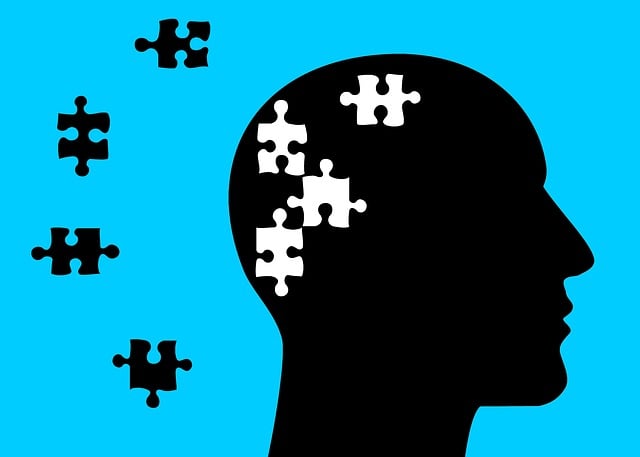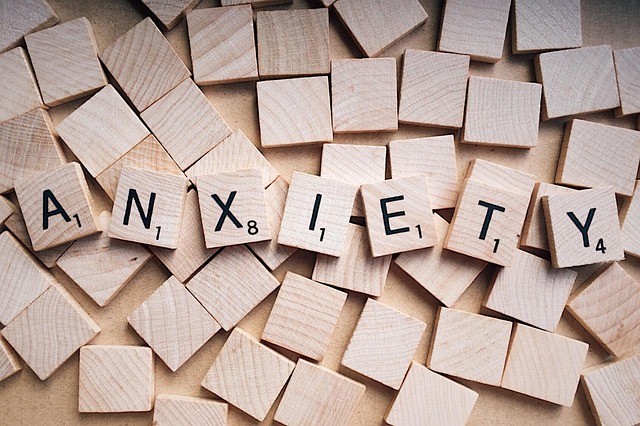Cultural sensitivity in mental healthcare is crucial, especially for conditions like Lone Tree Adjustment Disorder (LTAD), where cultural factors significantly impact symptoms and treatment outcomes. By integrating cultural awareness, therapists can understand and respect diverse backgrounds, norms, and expectations, tailoring therapy to specific needs. This personalized approach enhances treatment effectiveness, builds trust, and encourages open engagement in healing. Key strategies include active listening, validating clients' perspectives, incorporating culturally relevant techniques, and educating therapists about clients' backgrounds, ultimately fostering inclusive emotional healing processes and improving outcomes for all cultural backgrounds.
Cultural sensitivity is a cornerstone of effective mental healthcare, ensuring equitable treatment and positive patient outcomes. This article explores the intricate landscape of cultural competency in therapy, highlighting its profound impact on diagnosis and treatment. We delve into case studies, such as Lone Tree Adjustment Disorder, to illustrate the power of culturally sensitive practices. Through strategic approaches, professionals can navigate diverse cultural contexts, fostering environments that promote healing. By enhancing patient experiences, especially in diverse communities, mental health practitioners can provide tailored care, addressing unique challenges like Lone Tree Adjustment Disorder Therapy with finesse and understanding.
- Understanding Cultural Sensitivity in Mental Healthcare
- The Impact of Cultural Bias on Diagnosis and Treatment
- Lone Tree Adjustment Disorder: A Case Study in Cultural Competence
- Strategies for Providing Culturally Sensitive Therapy
- Enhancing Patient Outcomes through Cultural Awareness
Understanding Cultural Sensitivity in Mental Healthcare

Cultural sensitivity is a cornerstone in modern mental healthcare practice, recognizing and respecting the diverse beliefs, values, and customs that shape individuals’ lives. It involves understanding how cultural factors can influence mental health experiences and treatment outcomes. For instance, conditions like Lone Tree Adjustment Disorder, which can be deeply connected to an individual’s cultural context, may manifest differently across various communities. What constitutes stress or trauma, for example, can vary based on cultural norms and expectations.
Integrating cultural sensitivity into therapy involves training mental health professionals to ask about clients’ cultural backgrounds, actively listen to their stories, and tailor treatment approaches accordingly. This personalized approach not only enhances the effectiveness of therapy but also fosters trust between the therapist and client. Moreover, it encourages clients to engage more openly in their healing journey, complementing programs like Mental Wellness Coaching and Mental Health Education designed to promote holistic well-being. Effective cultural sensitivity training also equips professionals with Stress Reduction Methods sensitive to diverse populations, ultimately contributing to improved mental health outcomes for all.
The Impact of Cultural Bias on Diagnosis and Treatment

Cultural bias can significantly impact the diagnosis and treatment of mental health conditions, potentially leading to misdiagnosis or inadequate care. When a therapist’s cultural background differs from that of their client, unconscious biases may influence the therapeutic process. For example, certain cultural norms and values might not be immediately apparent, causing professionals to overlook or misinterpret symptoms, especially in cases like the Lone Tree Adjustment Disorder, which can manifest differently across diverse cultures.
This bias can result in a lack of culturally sensitive treatment plans. For instance, stress management techniques that work for one culture may not be suitable or effective for another. The same is true for confidence-boosting activities and conflict resolution techniques. Therapists must be aware of these potential pitfalls to provide equitable care and create a safe, supportive environment for clients from various cultural backgrounds.
Lone Tree Adjustment Disorder: A Case Study in Cultural Competence

In the realm of mental healthcare, cultural sensitivity is paramount to ensuring effective treatment and promoting emotional well-being among diverse populations. A compelling case study illustrates this point through the lens of Lone Tree Adjustment Disorder (LTAD), a condition often associated with individuals from specific cultural backgrounds facing significant life transitions or traumatic events. This disorder showcases the importance of tailoring therapy techniques to respect and understand unique cultural contexts, especially when employing Emotional Well-being Promotion Techniques.
Understanding LTAD requires a nuanced approach that goes beyond traditional coping skills development. It involves recognizing that individuals may exhibit varying responses to stress due to their cultural heritage and the social support networks available to them. For instance, cultural values can dictate how one expresses emotions, seeks help, or copes with adversity, influencing the effectiveness of Mental Health Education Programs Design. Healthcare providers must be adept at tailoring interventions to foster trust, accommodate spiritual beliefs, and incorporate culturally relevant strategies in the Coping Skills Development process, ensuring a more inclusive and successful therapeutic journey.
Strategies for Providing Culturally Sensitive Therapy

Providing culturally sensitive therapy is an essential aspect of mental healthcare that ensures every client receives care tailored to their unique background and experiences. This approach is particularly critical in addressing issues like Lone Tree Adjustment Disorder, where cultural factors can significantly influence symptoms and treatment outcomes. Therapists should begin by actively listening to and validating a client’s cultural perspective, allowing them to express themselves freely without judgment. Incorporating culturally relevant techniques and interventions, such as traditional healing practices or community-based support networks, can create a safe and comforting environment for clients.
Furthermore, educating oneself about the client’s cultural background, including their beliefs, values, and social norms, enables therapists to make informed decisions. This knowledge helps in avoiding potential pitfalls of cultural misunderstandings and ensures the effectiveness of treatment. Techniques like reframing and adapting therapeutic strategies according to cultural needs can boost anxiety relief, provide burnout prevention, and enhance confidence in clients. Ultimately, culturally sensitive therapy fosters a deeper connection between therapist and client, leading to more positive outcomes for everyone.
Enhancing Patient Outcomes through Cultural Awareness

In the realm of mental healthcare, cultural sensitivity is a game-changer that can significantly enhance patient outcomes. Understanding and respecting a patient’s cultural background, traditions, and beliefs is pivotal for providing effective treatment. This awareness enables therapists to tailor their approaches, ensuring that the unique needs and experiences of each individual are acknowledged. For instance, addressing the nuances of Lone Tree Adjustment Disorder Therapy (LTAD) requires an empathetic eye towards the patient’s cultural context, fostering a safe space where they can openly discuss their struggles without fear of judgment or misunderstanding.
Cultural sensitivity promotes inclusive emotional healing processes, which are particularly crucial in treating conditions like depression prevention. By incorporating culturally sensitive practices, mental health professionals can create a supportive environment that encourages patients to engage actively in their care. This, in turn, leads to more successful treatment outcomes and better overall well-being for individuals from diverse cultural backgrounds.
Cultural sensitivity is paramount in mental healthcare, as it directly impacts diagnosis and treatment outcomes. By understanding cultural nuances, professionals can avoid biased practices that may lead to conditions like Lone Tree Adjustment Disorder. Embracing strategies for culturally sensitive therapy enables practitioners to enhance patient experiences and outcomes. Recognizing and addressing cultural biases is a step towards fostering inclusive care, ensuring every individual receives effective support tailored to their unique background.









